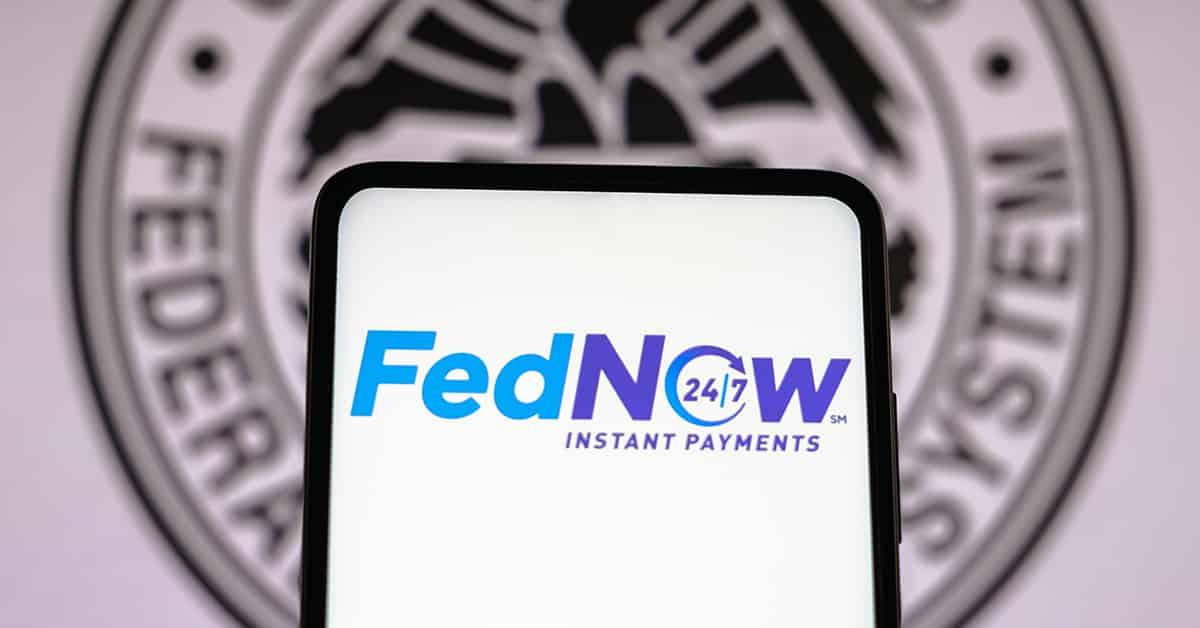FedNow will permit individuals and institutions to make payments around the clock daily, challengingprivate sector incumbents such as PayPal, Venmo and Square Cash.

The US Federal Reserve (the Fed) is set to overhaul the payments sector in the United States with the July launch of FedNow. This near-real-time clearing and settlement interbank payments system could challenge private sector incumbents such as PayPal, Venmo and Square Cash. The nationwide service is seen by some analysts as a government-backed initiative to stave off cryptocurrencies’ continued disruption of the global payments sector.
Beginning in April, the Fed will certify those to participate in the launch, which is expected to include a diverse mix of financial institutions, the largest payment processors and the US Treasury. Access to FedNow will be through the Fed’s FedLine network, which reaches more than 10,000 financial institutions directly or indirectly.
FedNow will permit individuals and institutions to make payments around the clock daily, supplanting the current system that closes on weekends and public holidays and charges a 23-cent-per-transaction fee. In a 2022 bulletin, the Fed noted it would charge a $25 monthly FedNow participation fee, plus 4.5 cents per transaction paid by the sender and one cent for a payment-request message paid by the requester.
Meanwhile, the Fed plans to limit FedNow’s credit-transfer transaction value to a maximum of $500,000. The default limit will be set at $100,000, but financial institutions can adjust it accordingly. Furthermore, banks will be able to integrate the FedNow service and build out new offerings that may drive interoperability, in contrast to most private-sector payment apps.
“We couldn’t be more excited about the forthcoming FedNow launch, which will enable every participating financial institution, [from] the smallest to the largest and from all corners of the country, to offer a modern instant payment solution,” Ken Montgomery, first vice president of the Federal Reserve Bank of Boston and FedNow program executive, said in a March statement.
Central banks worldwide have expressed concerns that payments made using cryptocurrencies are susceptible to fraud and lack adequate anti-money-laundering safeguards. But supporters of cryptocurrencies say blockchain, or distributed ledger technology, which underpins cryptocurrencies, is almost tamperproof.
Still, illicit crypto transactions rose to an all-time high of $20.6 billion last year, according to blockchain-analysis provider Chainalysis.



